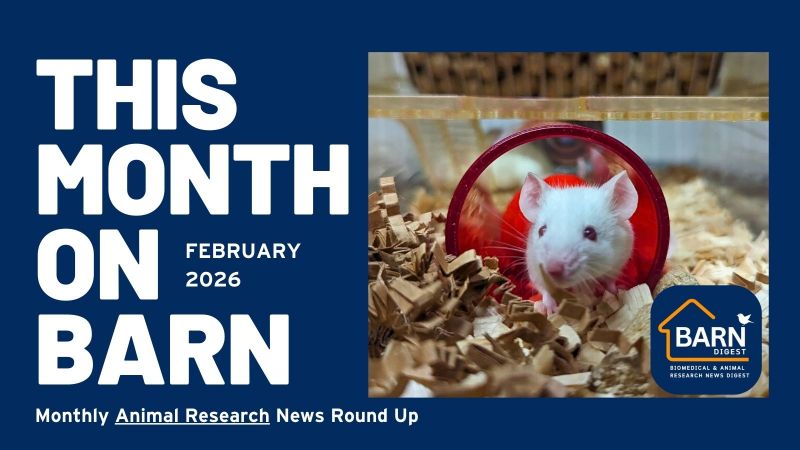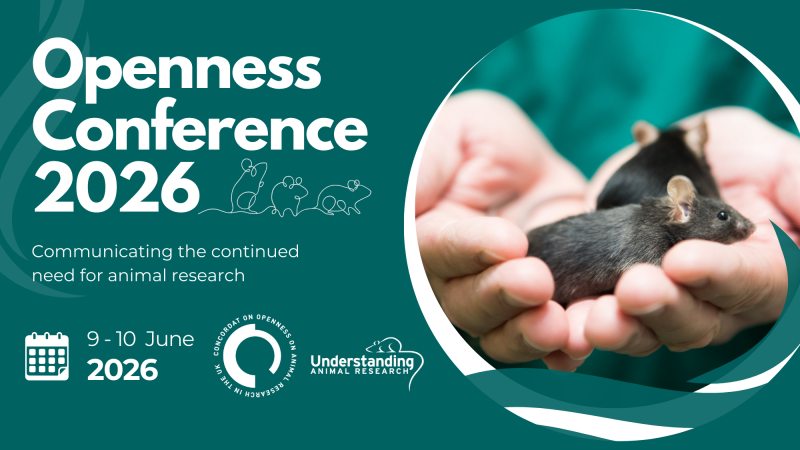Text to go here...
A team of scientists have restored colour vision to two colour blind squirrel monkeys using gene therapy.
About 1 in 12 men are red-green colour blind due to a mutation on the X chromosome. The mutation concerns the gene which codes for opsin proteins. Opsin proteins make up the red and green detecting photoreceptors and therefore those with the faulty X chromosome are unable to distinguish between red and green hues from birth.
Males are more likely to suffer from colour blindness as they only have one copy of the X chromosome (XY), where as females have two (XX). The mutation is so common in squirrel monkeys that all male monkeys are born colour blind, making them perfect models with which to study the condition.
The researchers began by training two male squirrel monkeys to touch coloured patches on a screen with their heads, rewarding them with grape juice when they were successful. They then introduced the human form of the red-detecting opsin gene into a virus and injected it into the retina of the monkeys. Afterward they reassessed the monkey’s ability to see the coloured patches.
For several months there was no change, however after 20 weeks the researchers saw a dramatic increase in the monkey’s ability to see the coloured patches. In fact, both monkeys were able to distinguish red hues. The monkeys even retained this improvement for two years, with no apparent side effects. This not only shows that colour blindness could potentially be treatable, but it also proves that the brain’s ability to adapt is not lost with age, and that new neural connections can be stimulated using gene therapy.
Human trials are already underway using viruses to introduce other genes into the retina, and no serious side effects have been noted after a year, with some patients showing improved vision.
Last edited: 11 January 2022 08:53



